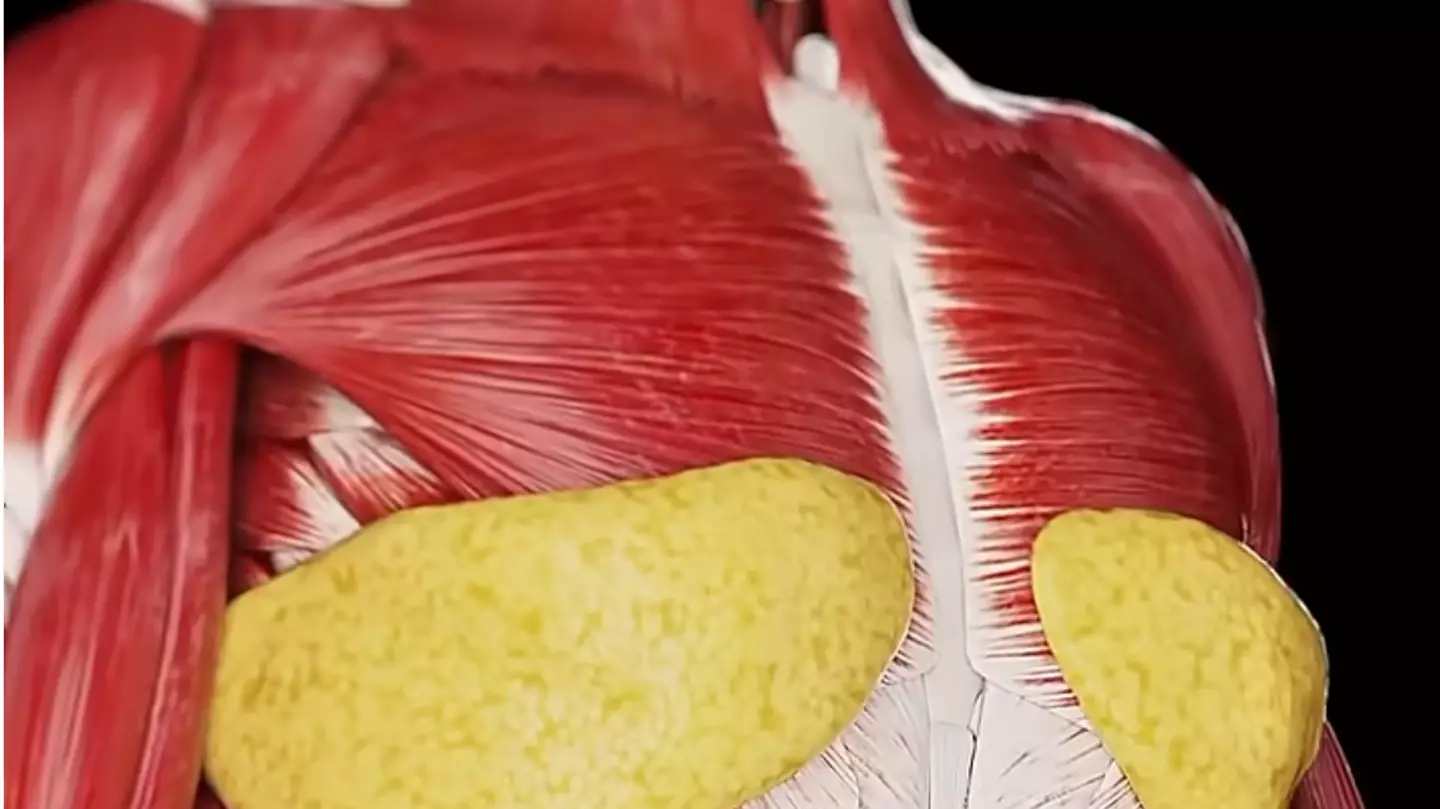
A jaw-dropping simulation shows what happens to your body when you cut out sugar for two weeks.
Yeah, that’s another one of those lifestyle changes that’s constantly doing the rounds on social media despite different people having different health needs.
Eating too much sugar can cause you to gain weight and can also have a bad impact on our teeth but there’s a difference in the types you consume.
It’s widely agreed that the sugars most adults and kids in the UK eat too much of are ‘free sugars’ - those added to food and drinks.
Advert
But the sugar naturally found in milk, fruit and vegetables don’t count as ‘free sugars’ on the NHS says: “We do not need to cut down on these sugars.”
But for dietary reasons or to follow trends, some people decide to go about totally cutting sugar out of their life, and this is what will happen to your body if you do.

Days one and two
A simulation from GrowFit Health (not a professional medical outlet) breaks down the changes in the body over time without sugar.
And in the first two days it says your ‘blood sugars starts to stabilise’ and you’ll experience ‘lesser energy crashes or sudden spikes’.
“Your body stored fat for energy,” it adds.
Days three to six
You might find yourself craving sugar the longer you go, but experts say that if you manage to resist, then those cravings will get weaker and eventually disappear.
Healthline writes that you could experience low mood due to reduced dopamine release, anxiety, changes in sleep patterns, difficulty concentrating, and cravings for carbs on top of sugary foods.
You could also be hit with headaches, lightheadedness, nausea and fatigue - that's why it can be helpful for some people to gradually cut sugar out rather than going cold turkey.
“[These symptoms are] because your body is detoxifying and adjusting and these symptoms will pass,” the simulation says.
Days seven to nine
By this point, it says your taste buds experience ‘a reset’.
“Your palate becomes sensitive to subtle flavours,” the simulation claims, “and you’ll find fruits tasting extra sweet.”
Days 10 to 14
Approaching the end of the two weeks, it claims your energy ‘shoots up’ and you’ll notice there won’t be any ‘sugar crashes’.
“Just steady, clean fuel as your body becomes more efficient at burning fats for your fuel,” it concludes.
How much sugar is too much for adults?
If you want to go about making dietary changes like this one, it’s important to check out legitimate medical health advice.
The UK government recommends that free sugars (sugars added to food and drinks and sugars found naturally in honey syrups and unsweetened fruit and vegetable juices, smoothies and purees) shouldn’t make up more than five percent of the energy you get from food and drink each day.
So, the NHS says adults shouldn’t have more than 30g of free sugars a day.
If you do plan to cut out those 'free sugars', it might be better to take it slowly and have lower amounts of sugar before no sugar.
It's also important that you ensure you're still getting enough nutrients in your diet.
Topics: Health, Food And Drink